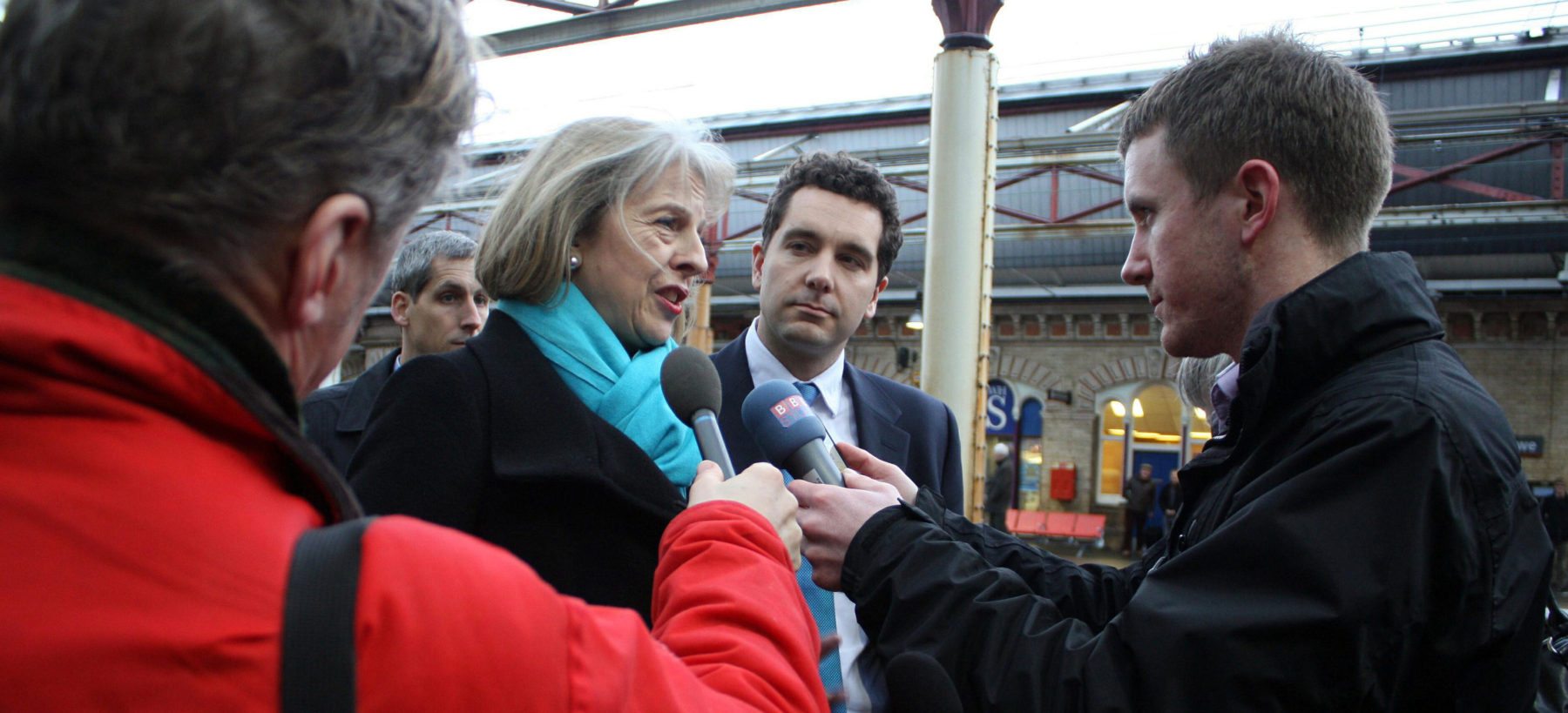Driven by politics, defined by gender: the media’s problem with female politicans
Theresa May is the new prime minster of the United Kingdom. This has been heralded a win for women, a great achievement that after over 20 years of male leadership we once again have a white, middle class woman with conservative values leading us. I’m sure most of us can hardly contain our excitement.
Now I don’t want to be too cynical; the prospect of an increasing female voice in parliament is positive and the number of female MPs is gradually rising year on year. Moreover, the prospect of Sturgeon, Merkel, May and potentially Clinton in power all at the same time does show a new generation of female politicians reaching the dizzy heights of leadership.
In recent events it seems we may have a LGBTQ+ women, such as Angela Eagle, becoming serious contenders for leader of the opposition. Perhaps diversity is becoming realised somewhat? This is all, in principle, great. 50 years ago no woman would ever have been considered an opponent within a leadership race, indeed nearly 100 years ago women could not even be elected into parliament. So clearly this leadership race demonstrates improvement in gender equality.
After over 20 years of male leadership we once again have a white, middle class woman with conservative values leading us
The media’s voice can be the most powerful tool within politics, and our media is letting Theresa May down. They have consistently likened her to Margret Thatcher, a prime minster that divides this country. A prime minster who, when she died, had the song ‘Ding Dong, the witch is dead’ soar to number one on the British charts. A prime minster that is known for taking milk from school children and shutting down mines. She is not a prime minster many in Britain remember fondly.
This comparison, therefore, is damaging because it categorises her as an effective yet ruthless leader with little public support. It would be like welcoming a new Labour prime minster as the next Blair, or a new US president as the next Nixon. Students at Warwick won’t have lived through Thatcher’s leadership. We haven’t experienced any of the benefits that her policies did provide. All most of know is what we hear through our media. So if the media compares Theresa May to Margaret Thatcher it provokes a stain on her record before she’s even moved in to number 10.
This comparison, therefore, is damaging because it categorises her as an effective yet ruthless leader with little public support
Moreover, it’s simply irrelevant. There are three similarities between Margret Thatcher and Theresa May: their genitals, their political parties and their haircuts. It’s an absurd comparison and one which shows a great deal of misogyny within our media who claim this is a great win for women whilst painting all women with the same brush.
The key win for women will be when we have political candidates of all gender, races, ethnicities, religions and sexualities and none of it is made a focus point. A win for women will be when we see a lesbian or bisexual female candidate, a woman of colour, a working class woman or a trans woman running for election with all other candidates. A true win will be when two women, of any description, can compete for political office and when the media focuses entirely on their policies and actions, rather than their kitten heels.

Comments